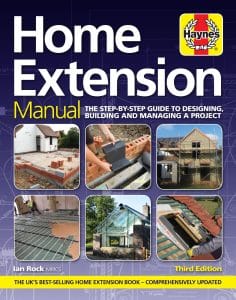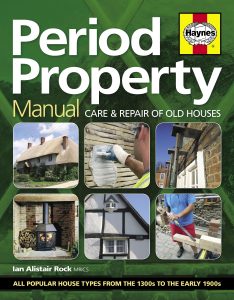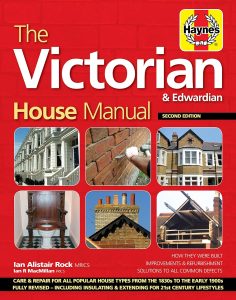Property Tips by Chartered Surveyors from the Haynes House Manual series
Is Change Finally Coming to the Exploitative Leasehold System?
The Government has announced plans to abolish the centuries-old Leasehold system in England and Wales – starting with an outright ban on new Leasehold property developments.
But we’ve heard these sorts of promises before, e.g. in September 2020 from the previous Tory administration only to find that lobbying from powerful vested interests scuppered progress. So what’s the plan this time?
This article in The Guardian gives a very good assessment of what this is likely to mean in practice.
The Risks Of Buying Leasehold
As many as 5 million homes in Britain are owned on a Leasehold basis, rather than Freehold.
Leasehold tenure normally applies to flats, where although the purchasers have bought the flat, the land it sits on is still technically owned by the Freeholder. Each flat is typically granted a lease of 99 or 125 years (the ‘lease term’).
A token ‘ground rent’ is payable (known as a ’peppercorn’ rent) and a service charge is normally be levied to pay for repairs and maintenance to the exterior and common areas.
England and Wales are the only countries in the world to retain this bizarre feudal system which over many generations has enriched countless landowners. In recent years the leasehold system has been exploited by a number of major corporate housing developers who started selling their houses on a Leasehold basis.
They then offloaded the Freeholds to offshore private equity investors who massively jacked up charges and made it virtually impossible for homeowners to acquire the Freehold of their house. Some developers also imposed nasty ‘doubling clauses’ that hiked ground rents so they swiftly multiplied to annual charges of many thousands of pounds, with some people trapped in homes they couldn’t sell. Worse still flats in large blocks with potentially dangerous cladding have become virtually unsaleable with astronomical charges for remedial works managed by opaque groups of Freeholder appointed middlemen.
These alarming disincentives may explain why prices for flats are currently generally falling or stable – in contrast with house prices which are rising. This is despite the fact that flats are relatively affordable.
The previous Government only got as far as banning the sale of new Leasehold houses (but not flats), leaving many thousands of existing owners still trapped.
Meanwhile mortgage lenders tightened the rules so that any lease with less than 85 years remaining would in effect become ‘unmortgageable’.
So it’s good news that the Government are now promising to take steps to reform the unjust Leasehold system.
The key proposals
- Sell new flats on a fair ‘Commonhold’ basis.
- Give existing Leaseholders a right to extend leases by 990 years.
- Scrap Ground Rents when leases are extended.
Ministers are due to lay out a series of proposals to make it easier for homeowners to jointly own the buildings they live in usually in the form of individual flats.
This will form the basis of a draft Leasehold Reform bill later this year that is likely to include a ban on developers selling new Leasehold flats.
See Rightsurvey.co.uk for a quick guide to survey prices
Check out our other posts for more info that will help you pay the right price for the right property.
We would always recommend using RICS certified surveyors in every instance – don’t get caught out, get instant quotes for RICS surveyors here.
Ian Rock’s Rightsurvey property tips are taken from the Haynes House Manual series.







